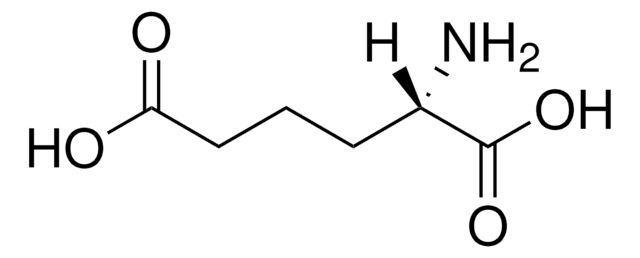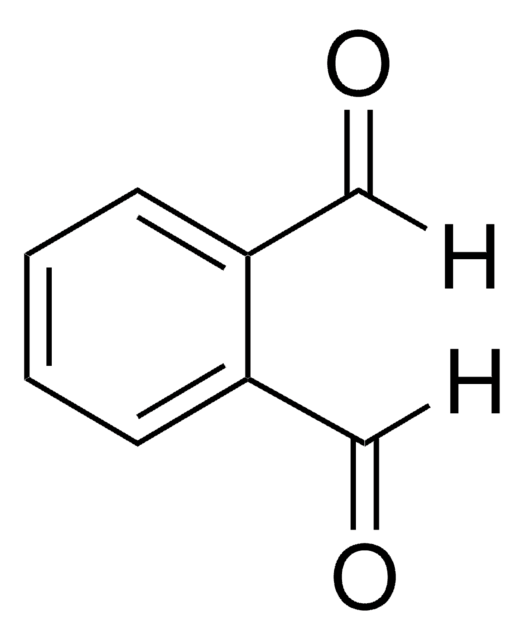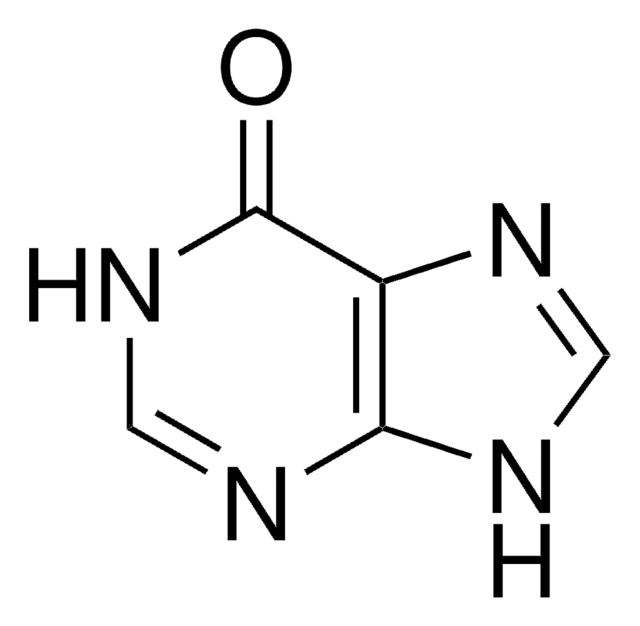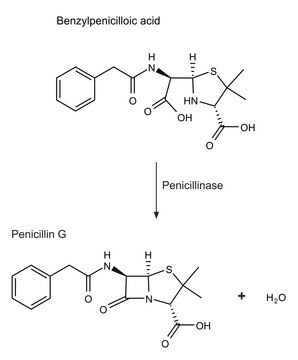A0637
DL-2-Aminoadipic acid
≥99% (TLC), powder, gliotoxic
Synonym(s):
DL-α-Aminoadipic acid
About This Item
Recommended Products
product name
DL-2-Aminoadipic acid, ≥99%
Assay
≥99%
form
powder
mp
196-198 °C (lit.)
storage temp.
2-8°C
SMILES string
NC(CCCC(O)=O)C(O)=O
InChI
1S/C6H11NO4/c7-4(6(10)11)2-1-3-5(8)9/h4H,1-3,7H2,(H,8,9)(H,10,11)
InChI key
OYIFNHCXNCRBQI-UHFFFAOYSA-N
Gene Information
rat ... Grin2b(24410)
Looking for similar products? Visit Product Comparison Guide
Application
Biochem/physiol Actions
Signal Word
Warning
Hazard Statements
Precautionary Statements
Hazard Classifications
Skin Sens. 1
Storage Class Code
11 - Combustible Solids
WGK
WGK 3
Flash Point(F)
Not applicable
Flash Point(C)
Not applicable
Certificates of Analysis (COA)
Search for Certificates of Analysis (COA) by entering the products Lot/Batch Number. Lot and Batch Numbers can be found on a product’s label following the words ‘Lot’ or ‘Batch’.
Already Own This Product?
Find documentation for the products that you have recently purchased in the Document Library.
Customers Also Viewed
Our team of scientists has experience in all areas of research including Life Science, Material Science, Chemical Synthesis, Chromatography, Analytical and many others.
Contact Technical Service










